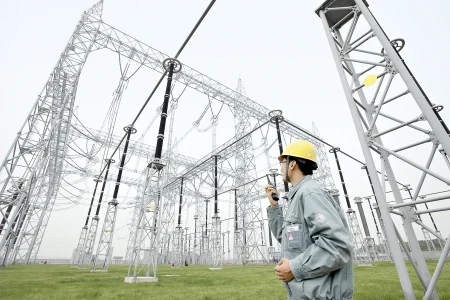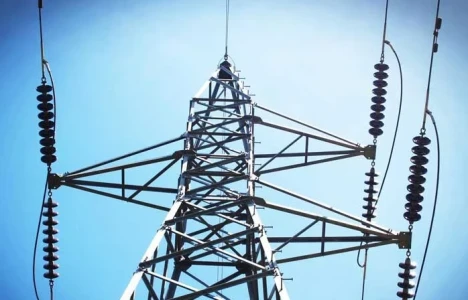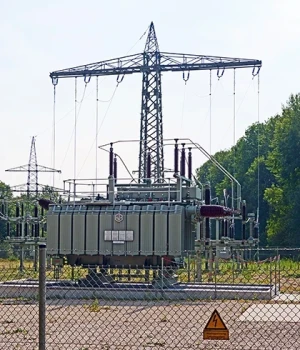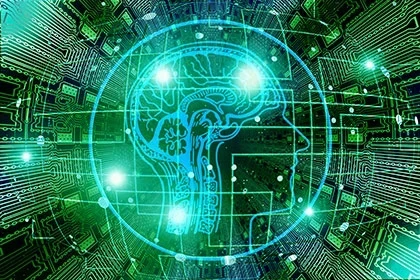Distribution Automation
Adopting Smart Grid Standards
Motion Computing Secures CID2 Certification for F5 Rugged Tablet
Distribution Automation

Cloud Computing for Electric Utilities
Need-to-know info for electric utilities
BY LEN WHITTEN, SunGard Availability Services
The electric power industry has often been a first-mover in adopting new technologies before other industries move forward with implementation. For example, electric utilities were among the first companies to employ mainframe computers in the 1960s. However, one tech advance— cloud computing for electric utilities —has been slow to catch on within the industry.
This revelation is somewhat surprising since the cloud can...
Related Articles

Motion Computing Secures CID2 Certification for F5 Rugged Tablet
Motion® Secures CID2 Certification for F5 Rugged Tablet and EasyConnect UHF RFID Long-Range Reader Motion Computing recently announced that it has secured Class I, Division 2 (CID2) certification for the F5te Rugged Tablet & EasyConnect UHF RFID Long-Range Reader. With CID2 certification,...

The Digital Substation Vision: From Utopian Concept to Grid Backbone
A digital substation is a modernized electrical substation that replaces traditional analog equipment and copper wiring with digital signaling, intelligent electronic devices (IEDs), and fiber-optic communication. It enables real-time data exchange, advanced automation, and greater efficiency in...

Improving Grid Cyber Security
Addressing the impacts and the drawbacks BY ELIZAVETA MALASHENKO, CHRIS VILLARREAL, & J. DAVID ERICKSON, California Public Utilities Commission With grid modernization or “Smart Grid” efforts underway, cyber security is being recognized as an increasingly important factor in ensuring...

Distribution Management Ecosystems
How utilities can yield significant operational benefits BY JEFF WALZ, Siemens Smart Grid As North American electric utilities continue to transform their existing electric delivery assets into a smarter grid, strong emphasis is placed on systems, products, and services that provide value in...

FERC Complaint Targets Duke, PJM Transmission Planning
A coalition of large energy consumers and ratepayer advocates has filed a complaint with the Federal Energy Regulatory Commission (FERC), urging the agency to prohibit transmission owners from independently planning "local" transmission projects exceeding 100 kilovolts (kV). The coalition argues...

FERC Approves Interconnection for Talen Energy, Amazon Data Center
In a significant move that underscores the growing demand for reliable and sustainable energy to power the expanding digital infrastructure, the Federal Energy Regulatory Commission (FERC) has approved an interconnection agreement between Talen Energy, Amazon Web Services (AWS), and Exelon. This...

Smart Transformers: Enhancing Grid Efficiency and Reliability
The evolving demands of modern power grids necessitate the adoption of advanced technologies that can provide enhanced efficiency, reliability, and flexibility. Smart transformers are at the forefront of this technological revolution, offering a range of capabilities that significantly improve the...

How Much DER Fits?
The electric power industry is increasingly having to evaluate the growing penetration of distributed energy resources (DER). New sets of challenges exist for planning and operating the grid, especially with the distribution systems in which these new resources must be integrated. Now electric...

Smart Utility Distribution Automation Training
Increasing the hosting capacity of distributed generation in power distribution systems is identified as key low-carbon solution to help meet the aggressive greenhouse gas emission reduction targets in the energy sector. The deployment of distributed generation technologies is creating a paradigm...

FROM SMART GRID TO NEURAL GRID
NEURAL GRID TAKES SMART GRID INTO THE CLOUD The Neural Grid represents more than Smart Grid v2.0—much more. Today, the smart grid implies the legacy mechanical power transmission and distribution (T&D) networks enhanced by pockets of automation, connectivity, and centralized IT systems. The...
